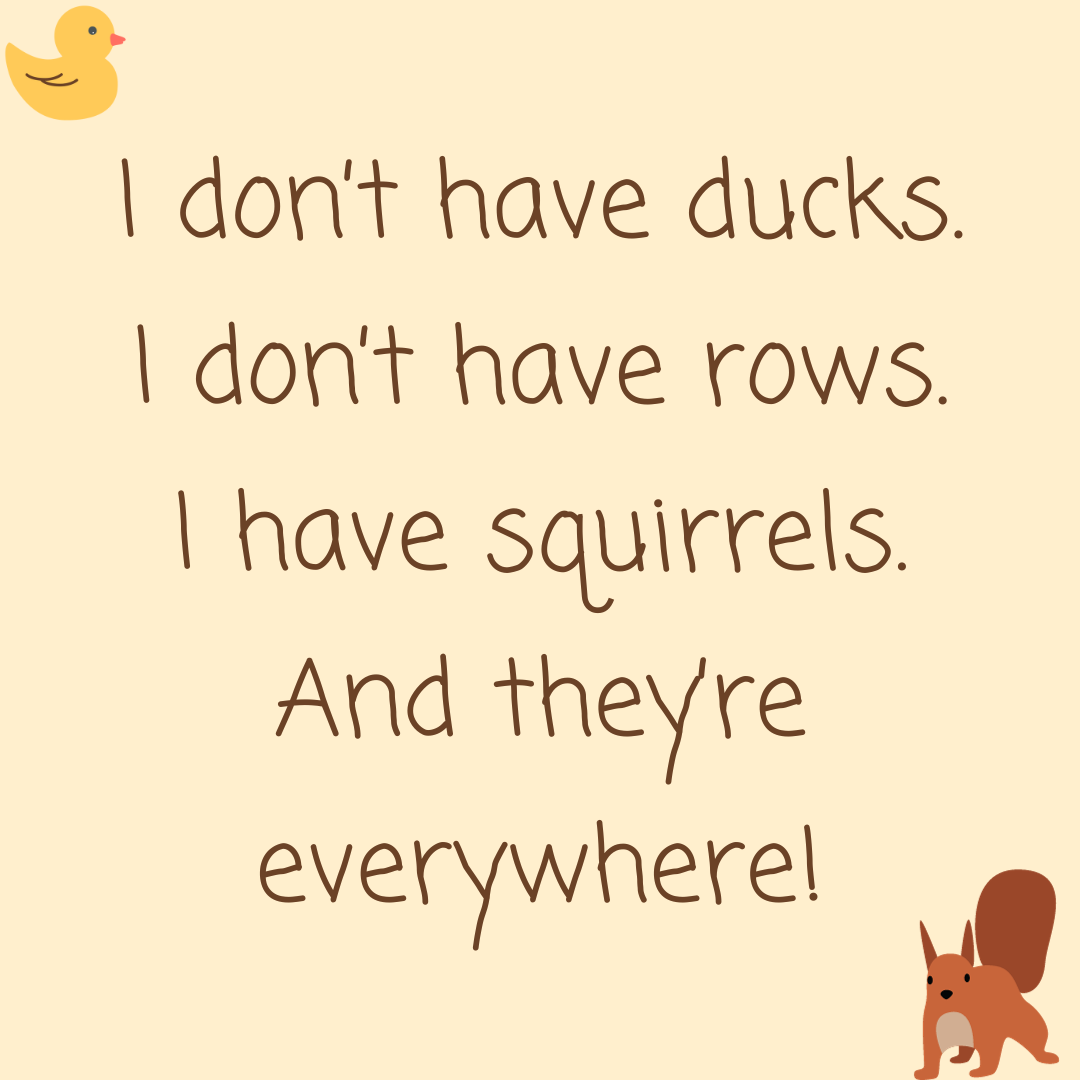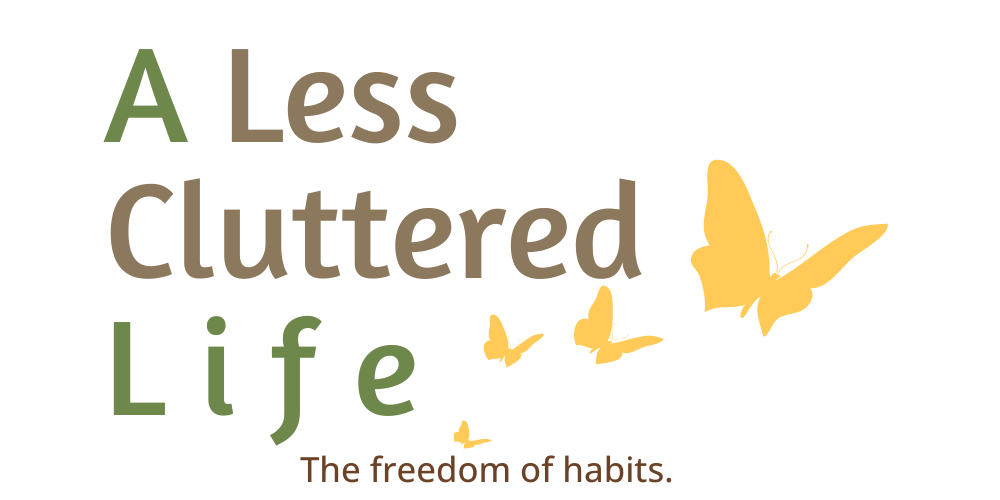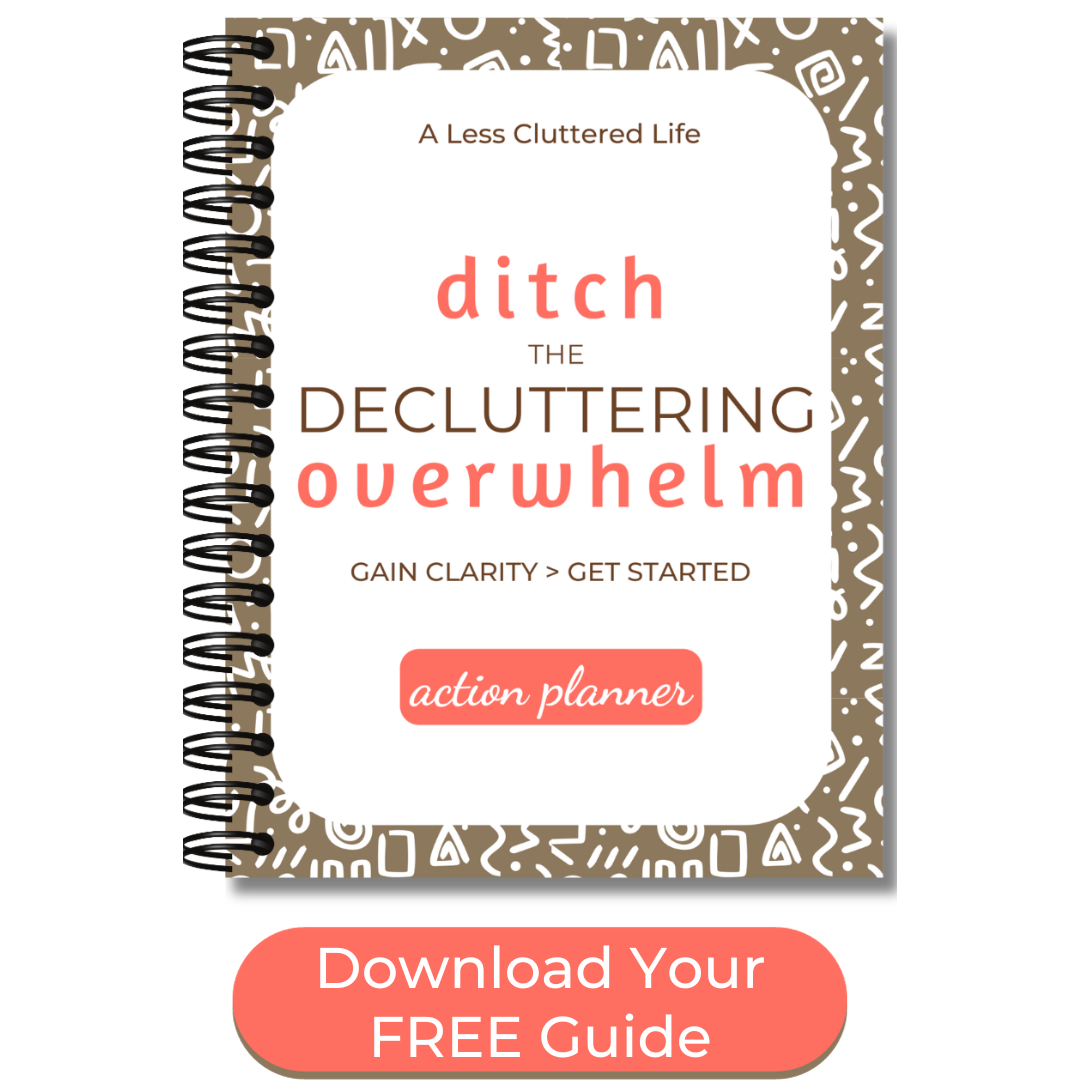|
by Susan McCarthy; updated from January 2019 Organizing isn't about bins, shelves, and drawer organizers. Instead, it's about storing items so you can retrieve and return them with ease. So, where do you store items so you can find them when you want them? Keep items where you go looking for them. While decluttering possessions can be fraught with emotions, organizing can seem more like a logic puzzle – where do I fit this piece? The key rule to organizing is, give everything a ‘home,’ a place where an item can be found and returned after use. The easier it is to put something away where it belongs, the easier it is to stay organized. Sometimes, while you’re decluttering, you may find a lot of items that need to be ‘put away’ as opposed to being discarded or donated. When you encounter these misplaced items, fill a laundry basket with the items and then, when you’re done decluttering for the day, walk through the house, distributing items in a single sweep through the rooms). While one or two misplaced items may not seem to be a big deal, when they are joined by their friends (“oh, I’m just setting this down until I can put it away”), you’ll end up with a cluttered room. Again, the easier it is to put something away, the easier it is to stay organized. Gather Similar Items TogetherIf you’re starting to declutter your home, you may find that you can devote several decluttering sessions simply to bringing items to their proper room. An advantage to doing this is that you’ll have a better sense of what you truly own. And even if you have stored similar items in multiple locations intentionally, giving like things a single home means that you know what you own. When things are distributed throughout your home – clothing in multiple closets, stacks of books in several rooms, pantry essentials in multiple storage locations – you can lose track of what you own. Occasionally, when you go to put something away, you may discover that there’s no room for those DVDs, the books, the shoes, etc. where you want to store them. This is a sign that the space needs to be decluttered – not at that moment – but it’s definitely a task to jot onto your projects list. Grouping similar items will help you declutter because you’ll see what you own and the space you have to store the items. So, even if you think you just added more mess to your desk by moving the random papers off your dining table, remember, you’ve brought the papers one step closer to where they belong. What Does ‘Being Organized’ Really Mean?To me, being organized means that you can find and use an item when you want it. If you have color-coded file folders but you can’t locate your current car insurance policy, then you aren’t organized even if things appear neat and orderly. Organized means items don’t get lost or misplaced because everyone in the house knows where to find – and return – the items. The time and stress saved from looking for lost items becomes the incentive for putting things away. Organized means that it’s easier to tidy the house because you can identify items that are out of place and return them to where they belong without any debates or questions about what to do with the items. You may or may not consider a misplaced item as clutter; however, I’ve seen many cases where a cluttered space was filled with items that needed to be put away. If you’ve ever said to someone in your home, with exasperation, “Why don’t you ever put stuff away!” the answer may be that the individual (regardless of age) doesn’t know where the items belong. I know, you’re thinking, well, they found the scissors in the drawer! But they may have considered that “find” an outstanding bit of luck as opposed to the result of an organized plan. It may take a few clear announcements as to where a commonly used item can be found and where it must be returned before some individuals begin to see the logic you’re offering. So, Where Should Things Get Stored in Your Home?When in doubt, store items where you'd go looking for them. If you have some shoes by the front door and some in the closet in your bedroom, where will you look for the pair of shoes you want? You'll end up looking in multiple places (in the end remembering that they're kicked under your desk. Save yourself time and stress and decide where you want to find something and then bring like items together. Keep items where you're going to use them. The more often you use an item, the closer it should be to the location where you are going to use it. Keep similar or similar-use items together. How do you use an item? If you have tee shirts that you wear only to the gym, then store them with your gym clothes as opposed to with the tee shirts that you wear when doing other activities. Store items by person. Unless an item is shared, give each person their own space within a room so they can keep their stuff together. This may mean that in the bathroom, each person gets their own bin or caddy for grooming supplies that they alone use. And chances are that not everyone in the house reads the same books, so give each person their own shelf or bookcase. The same goes for knickknacks, give each person a dedicated space to highlight their interests. By giving each person their own spaces, they oversee keeping those spaces organized. Yes, it can be difficult to convince someone who likes to sprawl their stuff everywhere that they need to contain their possessions. Start with a small, specific request that has a natural consequence. For example, “I know that you’re concerned that we’ll spill food or drink on the papers you keep on the kitchen table. Since the table is for eating meals, what do you need so the papers get to the room where they really belong?” Fit items to the available space. If you have a unit to organize your DVDs, then you can keep the number of DVDs that fit on the unit’s shelves. Once you start piling DVDs on the top of that cabinet, stacking them on the coffee table, or squeezing them onto the bookshelf, you are exceeding the space you dedicated to holding DVDs. It’s either time to reduce the number of DVDs you own or to purchase another organizing tool. Always think twice about purchasing an additional organizing tool because they gobble up living space, reducing floor space, and the breathing room around pieces of furniture. The result is a room that feels more cluttered even though you just “organized” it. (And if you never watch those DVDs anymore, then you no longer need them. It doesn’t really matter if you can organize them.) Organize in a Way that Works for YouSure, that organizing hack you saw on Pinterest looks great, and maybe it is. However, you always want to remember that being organized is about finding and using an item when you need it. The easier it is to return something, the easier it will be to retrieve it. Think:
More Resources to Help You Get Organized
0 Comments
Your comment will be posted after it is approved.
Leave a Reply. |
Categories
All
Hi, I'm SusanI'm a former teacher who became a professional organizer (and not because I'm a natural-born neatnik). I live with my husband and fluffy cat on a river in Massachusetts. I crochet, make handmade cards, and love reading young adult novels. Learn more about my decluttering journey here. |
|
Copyright 2024 Susan McCarthy - Susan@ALessClutteredLife.com -
Privacy Policies |
Proudly powered by Weebly

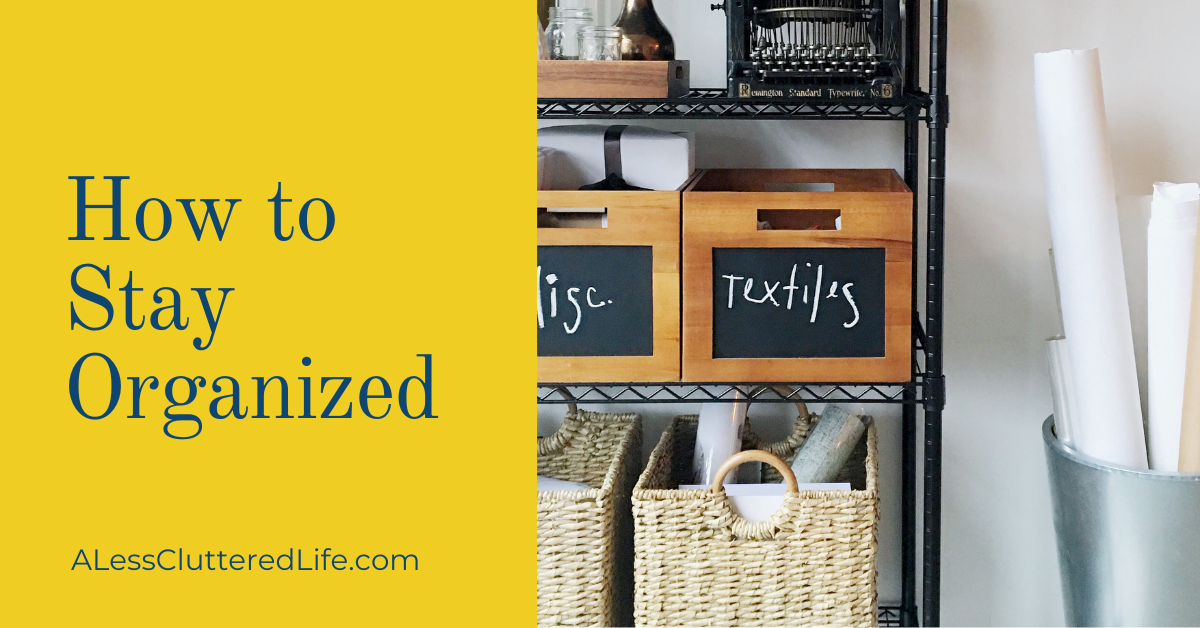
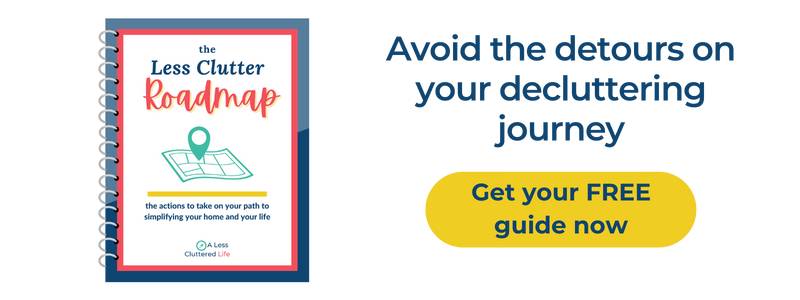
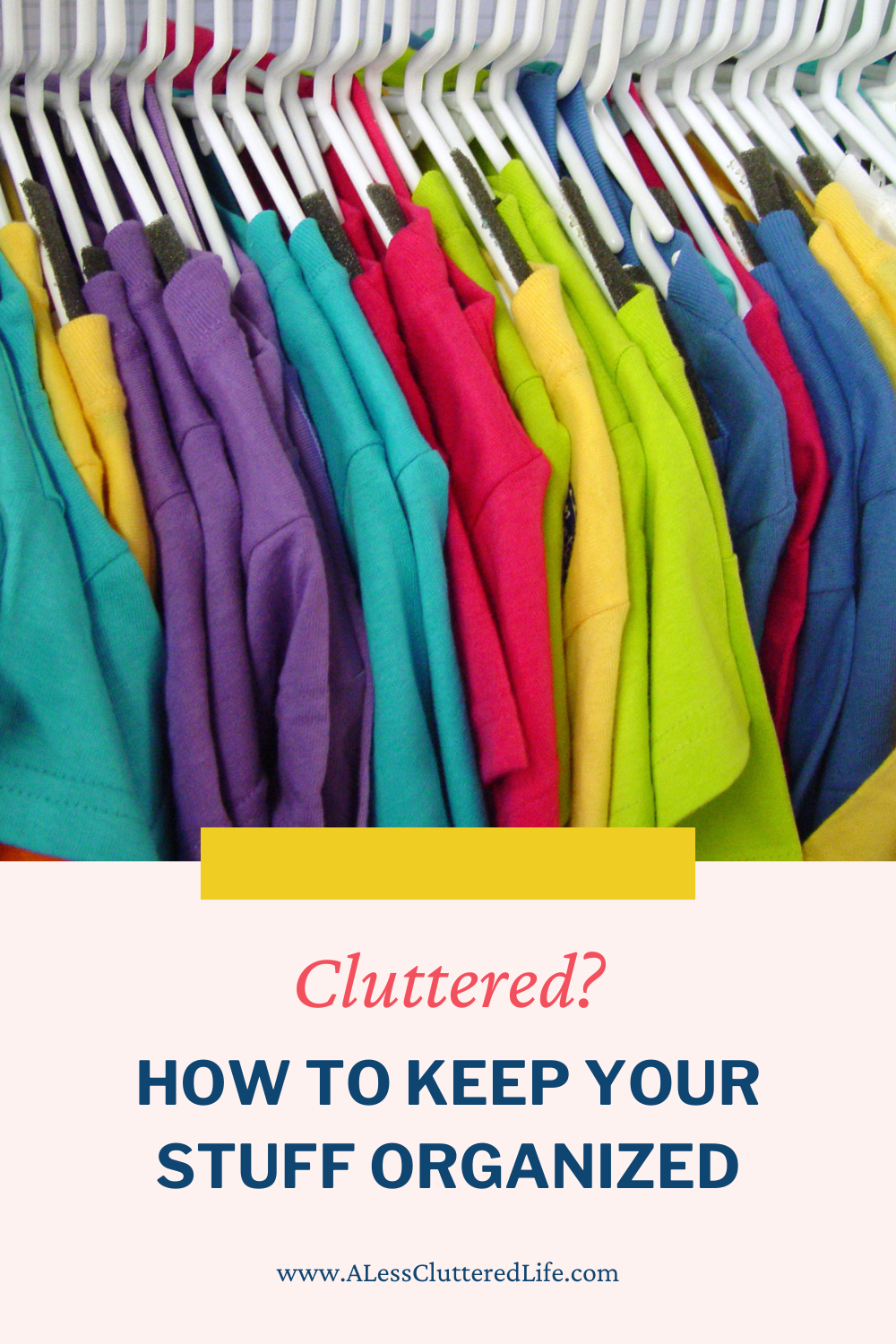
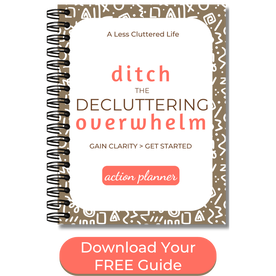
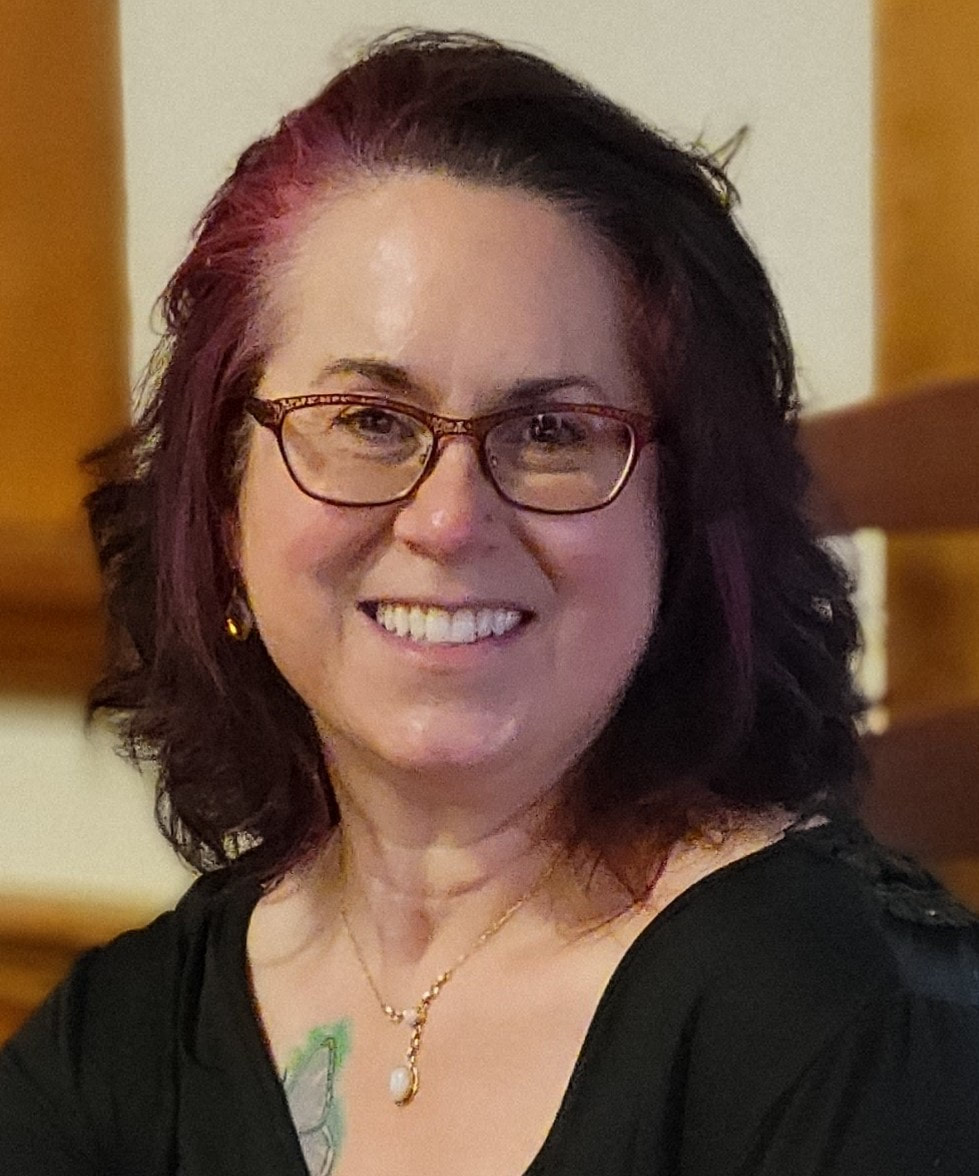
 RSS Feed
RSS Feed
